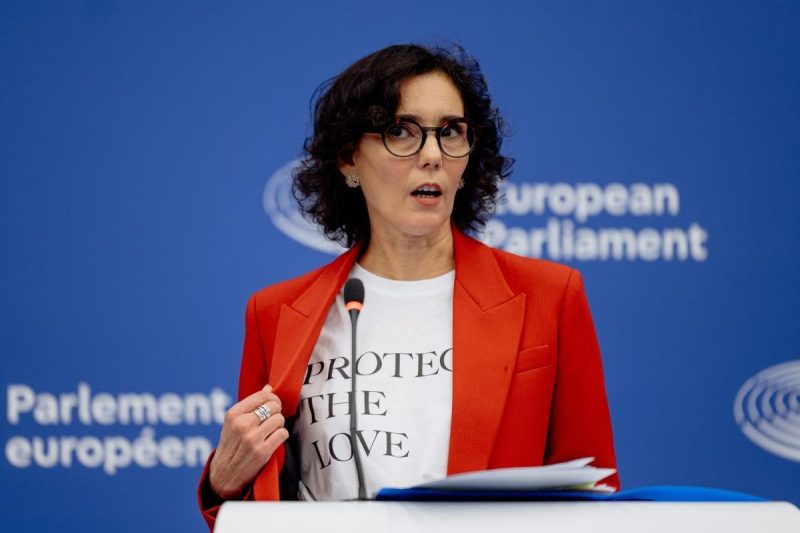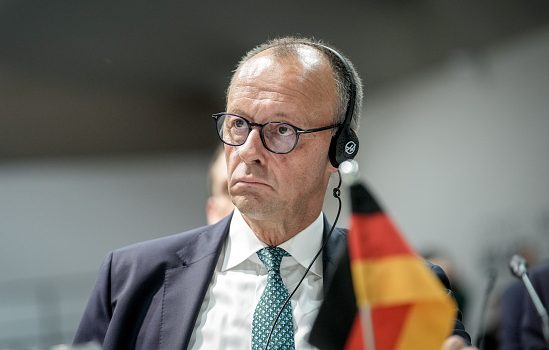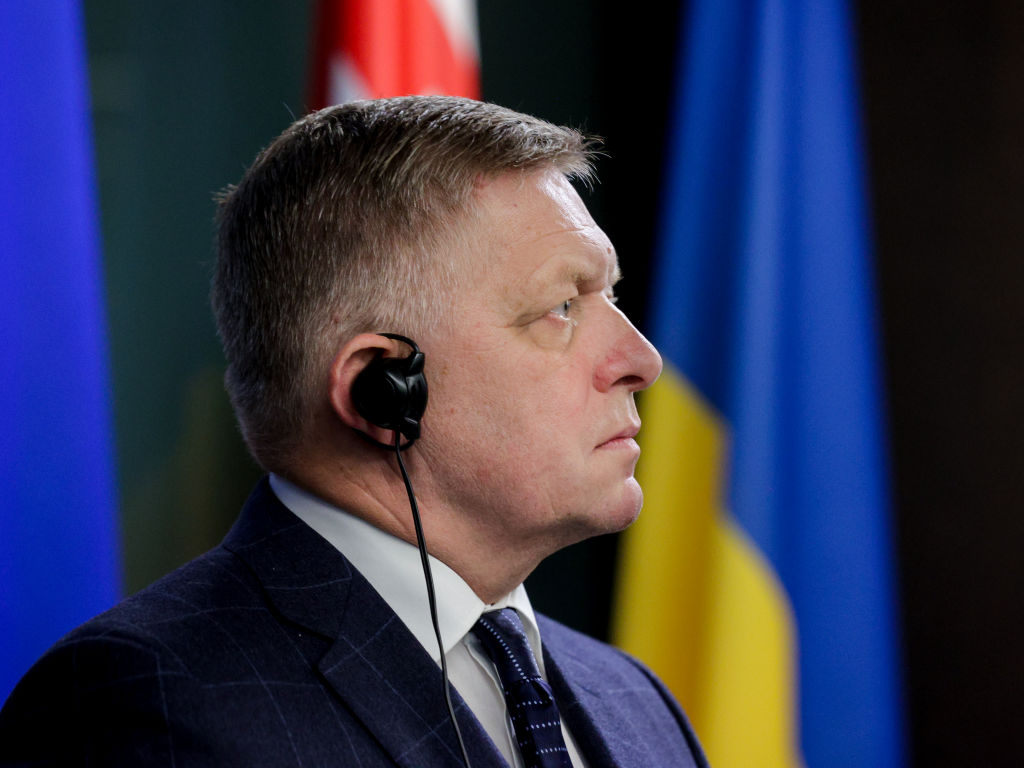Slovakia’s anti-LGBTQ+ constitutional reform tests EU red lines
Domestically, the reform has also fractured Slovakia’s opposition

BRATISLAVA – Slovakia’s newly adopted constitutional amendments are fueling tension between Bratislava and Brussels, with legal experts warning that the European Commission may soon have no choice but to act.
The reform, approved on 26 September, enshrines the primacy of national law over EU law in certain contexts, recognises only two genders, and bans both surrogacy and same-sex marriage.
“If we had come to EU accession talks with a text like this, they would have turned us away at the door,” said Ján Mazák, former president of Slovakia’s Constitutional Court and former advocate-general of the EU Court of Justice.
Mazák told Euractiv Slovakia he believes the Commission already has grounds to launch infringement proceedings under Article 258 of the EU treaty. This article allows Brussels to start a formal process against a country that may be violating EU rules, requiring the member state to comply or face penalties.
An infringement procedure remains the most likely option, according to Marek Káčer, head of constitutional law at Trnava University. Only if the changes were to undermine the management of EU-funded projects, like in education or research, could the suspension of EU funds be considered, he added.
The European Commission has already expressed “regret” that the Slovak parliament ignored its concerns over EU law supremacy, a core principle of the Union’s legal order. The primacy of EU law “is non-negotiable,” said EU justice chief Michael McGrath, commenting on the amendments.
Eva Kovačechová, a lawyer at NGO Via Iuris, however, said that the vague wording of Slovakia’s new provisions could delay Brussels’ response. Paradoxically, she added, that same ambiguity might make it easier for Bratislava to remain formally compliant with EU law – at least until the amendment is applied in practice.
The reform also comes as Brussels launched its new LGBTQ+ strategy on Wednesday, with the aim of cracking down on hate speech and conversion therapy across the bloc.
Brussels launches new LGBTQ+ strategy targeting hate speech, conversion therapy
The EU pledged on Wednesday to crack down on hate speech and conversion therapy as…
3 minutes

Political fallout
Domestically, the reform has fractured Slovakia’s opposition. The pro-EU liberal parties Progressive Slovakia (PS) and SaS are pitted against the conservative Christian Democratic Movement (KDH) and the Democrats.
KDH, which backed the amendment alongside Robert Fico’s ruling coalition, insists it will continue to defend the changes despite the negative repercussions shown in the latest polls.
“Adopting the constitutional amendment is one of the greatest successes in the history of KDH, on par with Slovakia’s accession to the EU and NATO,” KDH MP Viliam Karas told local media in September.
Pro-EU MEP Ľudovít Ódor countered that the move merely distracts from the government’s unpopular fiscal consolidation plan and deepens social divisions. “These changes – which help no one – give Fico two new tools: to deflect from domestic problems and to fracture the opposition. Two for one,” he said.
When asked whether the liberal opposition plans to take any steps against the constitutional changes, former liberal Justice Minister Mária Kolíková said that her pro-EU SaS party is currently still evaluating its options within the domestic legal framework.
Contacted by Euractiv Slovakia, the ministry declined to comment. However, in an earlier statement, the Slovak government maintained that Slovakia remains bound by international law even after the adoption of the constitutional amendment.
(cs, mm)









